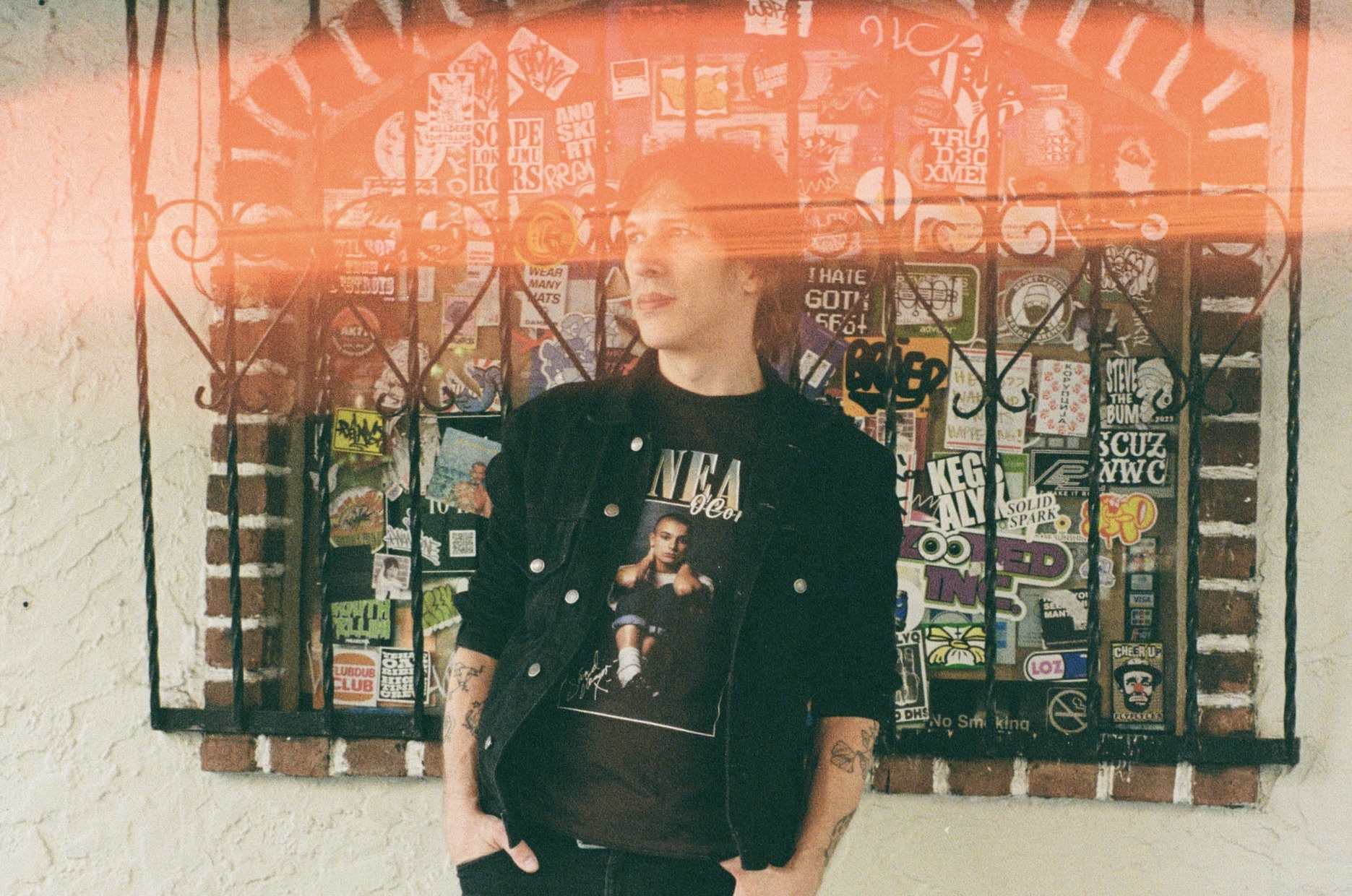We were lucky to catch up with John Brodeur recently and have shared our conversation below.
John, appreciate you joining us today. How did you learn to do what you do? Knowing what you know now, what could you have done to speed up your learning process? What skills do you think were most essential? What obstacles stood in the way of learning more?
I learned about writing songs from listening to them. It’s as simple as that. It’s a never-ending quest, from absorbing the commercial hit radio in my parents’ car as a child, to digging for deep soul cuts in the local shops today. I try to ingest as much music as possible, regardless of genre, both things I like and things I don’t. It’s almost more interesting to figure out why something that *I* think sucks, appeals to so many other people. I studied music theory a bit in high school and college, but as a writer I’ve found that I make more interesting decisions when I forget about the “rules” and just follow my soul. So, for me, the most essential element to composing your own music is developing your ear. Take songs apart and figure out what makes them tick. If you’re just starting out, there’s no shame in trying to write something similar to a song you already like. Do that with a bunch of different songs until you start to form your own style. With modern technology you can just build songs from prefabricated loops on your laptop, but in my opinion craft is still king.
Some of the songs on my new album, 𝘛𝘩𝘦 𝘌𝘴𝘤𝘢𝘱𝘦 𝘈𝘳𝘵𝘪𝘴𝘵 (out this month on Plastic Dreams Records), are great examples of the value of craft and reinvention. I am a chronic rewriter, often changing lyrics or melodies in the vocal booth, sometimes even after I’ve committed to what I swore was a final take. The song “It’s A Start” was one of those–I completely rewrote and recorded the verses more than a year after we “finished” the track. “Run For Our Lives,” “Everyonewelovewillgoaway” and “Suite Amnesia” are built from ideas I had in the 1990s. If there’s one lesson I’ve learned from being a songwriter for 30 years, it’s that art is timeless and your songs are yours to change, to develop, to reimagine as you wish.
As always, we appreciate you sharing your insights and we’ve got a few more questions for you, but before we get to all of that can you take a minute to introduce yourself and give our readers some of your back background and context?
Music found me at a very young age. I had cancer when I was a kid, so I grew up as kind of an indoor kid. My parents’ records were a doorway into another world. The Beatles, Billy Joel, Simon & Garfunkel–that music shaped me in ways I’m still discovering. I knew then that I wanted to do *something* with music, but it took a while to decide what path I would take. Glam-metal was hugely popular when I was a teen, and I was as much a fan as anyone, but it took artists like Elvis Costello and Michael Penn to make me realize I wanted to try my hand at songwriting. When Nirvana broke, and that whole alternative/grunge scene took over, I felt like I had been given permission to start my own band. I haven’t looked back since.
My style has developed a lot over the years. I feel like I have a much better concept of poetry now–how to say something interesting and emotionally resonant without resorting to clichés or easy rhymes. I’ve refined my melodic and harmonic senses into something very much my own. Not that there’s a “Bird Streets sound” per se, but I do feel like my writing is recognizable, and I’m extremely proud of that.
If there’s one thing I want to do with my art, it’s to connect with people on a personal level. My songs are my therapy, in a way–sometimes to the chagrin of my partner or my actual therapist. I feel like I know how to be totally honest in my lyrics, or express my deepest feelings through a melody. When someone tells me that my music touched them or helped them through a difficult time, that’s the ultimate reward.
What can society do to ensure an environment that’s helpful to artists and creatives?
The best way society can support artists is to use their wallets. Technology has made it seem like art is supposed to be free. It’s simply not. Go to concerts, buy physical media, support a Kickstarter campaign, just throw a few bucks in the busker’s cup–all of those things go a long way. And we need to reform streaming royalties immediately: The Living Wage for Musicians Act is about to be reintroduced in Congress, and it’s the single most important piece of legislation for musicians in a lifetime. Passing this bill would allow musicians to build real careers in a streaming climate that is currently unsustainable.
What’s the most rewarding aspect of being a creative in your experience?
The most rewarding part of being an artist is simply the act of creating something out of nothing. It feels like alchemy, sometimes. It’s such a gift to be able to say, I’m going to write a song, or paint a painting, or whatever your discipline. And at the end of the day you have a song or a record that didn’t exist a few hours earlier, something that is uniquely yours, a product of your expression. The payoff is both instantaneous and continuous–people will be able to discover that work for years to come, all because you had an idea.
Contact Info:
- Website: https://www.birdstreets.com
- Instagram: https://instagram.com/birdstreets
- Facebook: https://facebook.com/birdstreetsmusic
- Twitter: https://twitter.com/birstreets
- Youtube: https://youtube.com/birdstreets
- SoundCloud: https://soundcloud.com/birdstreetsmusic
- Other: https://linktr.ee/birdstreets
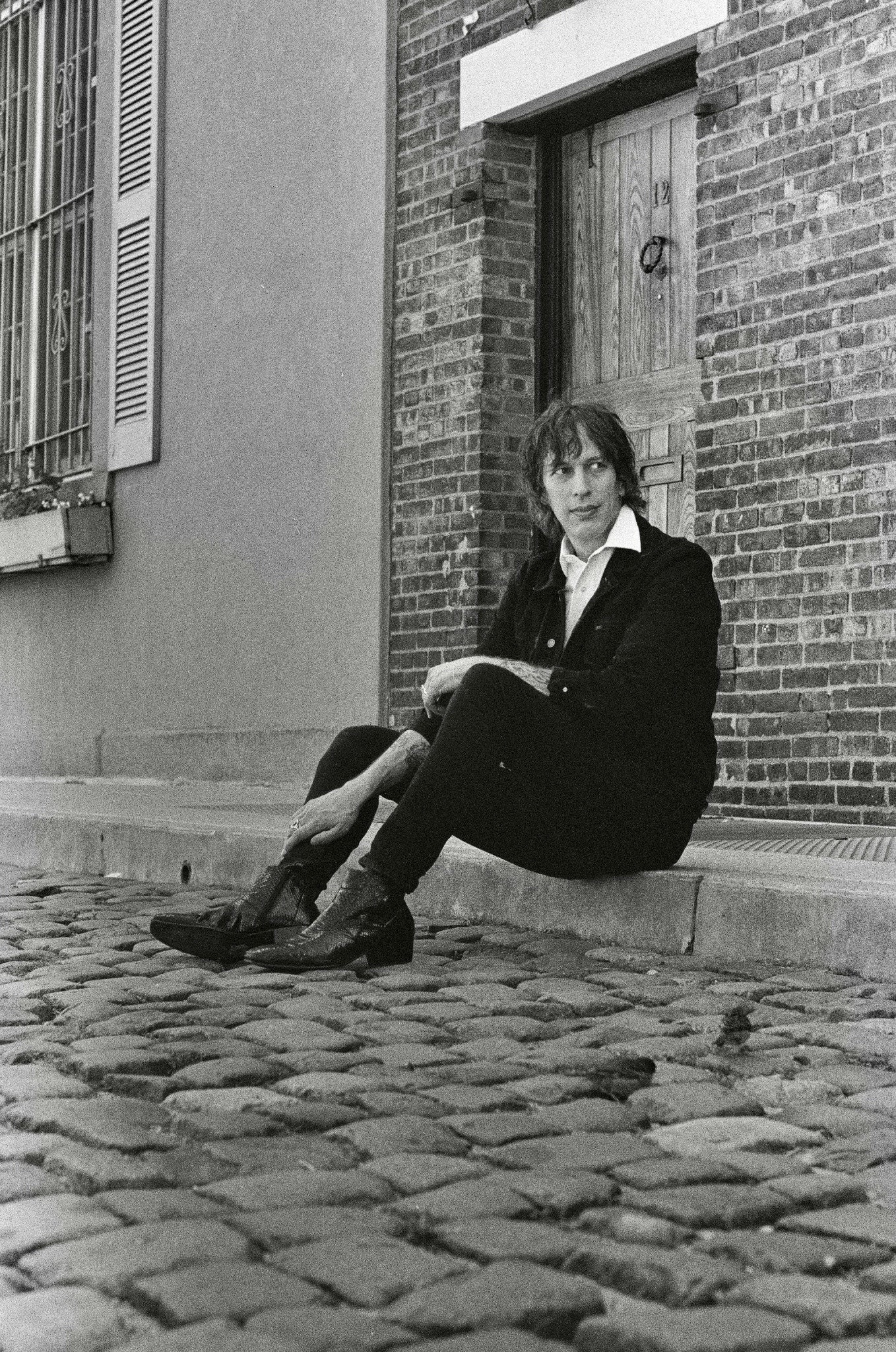
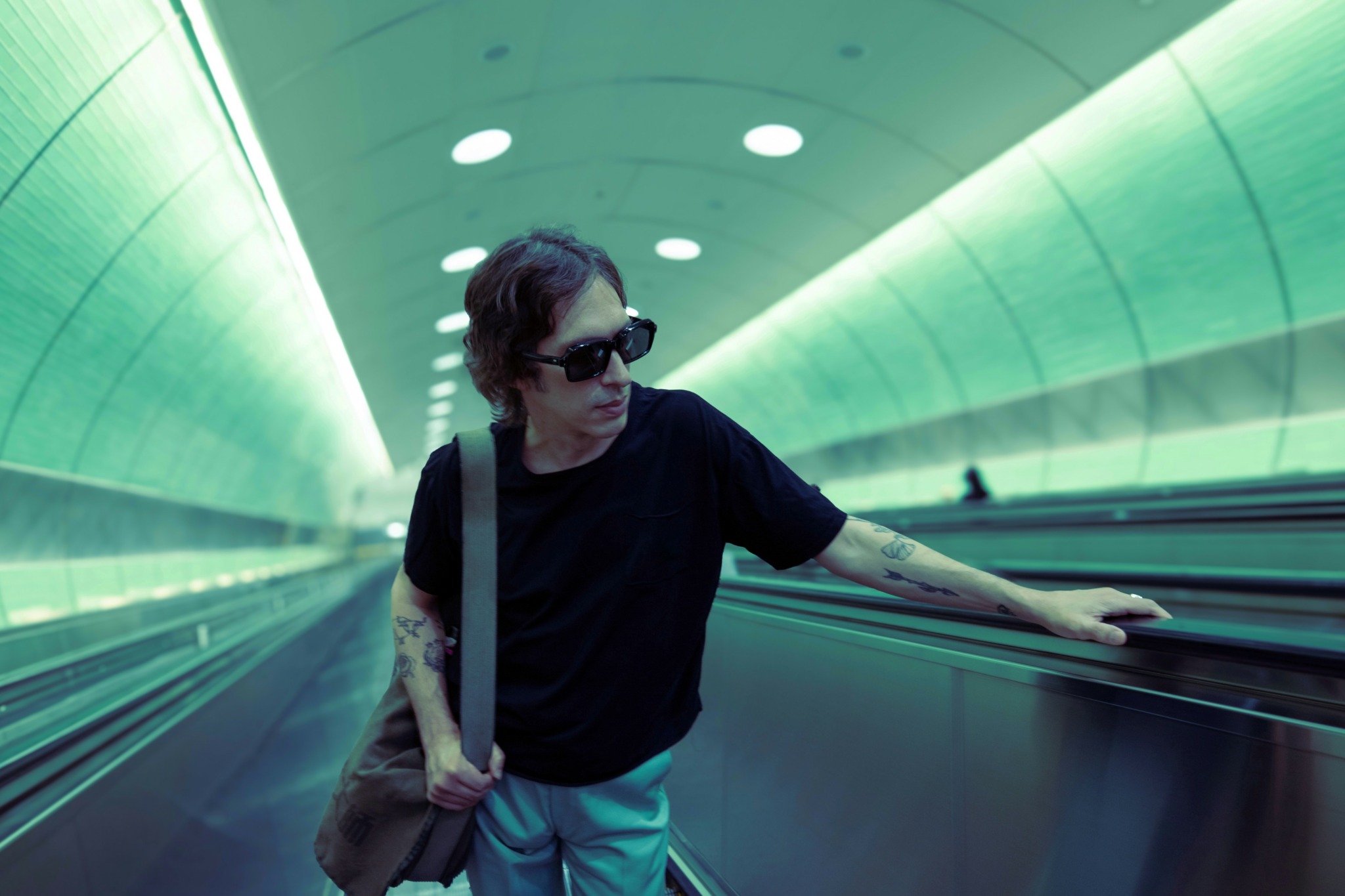
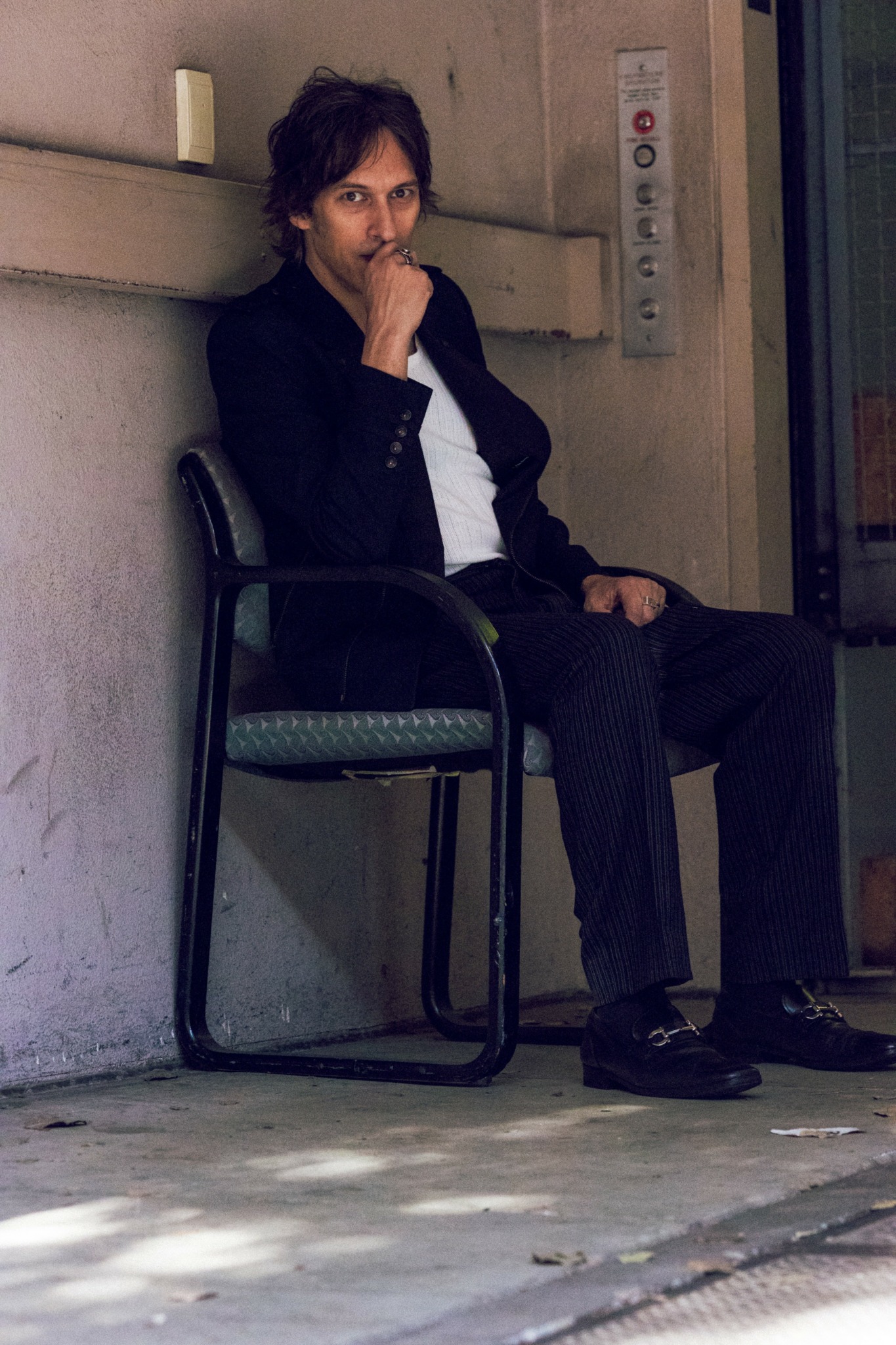
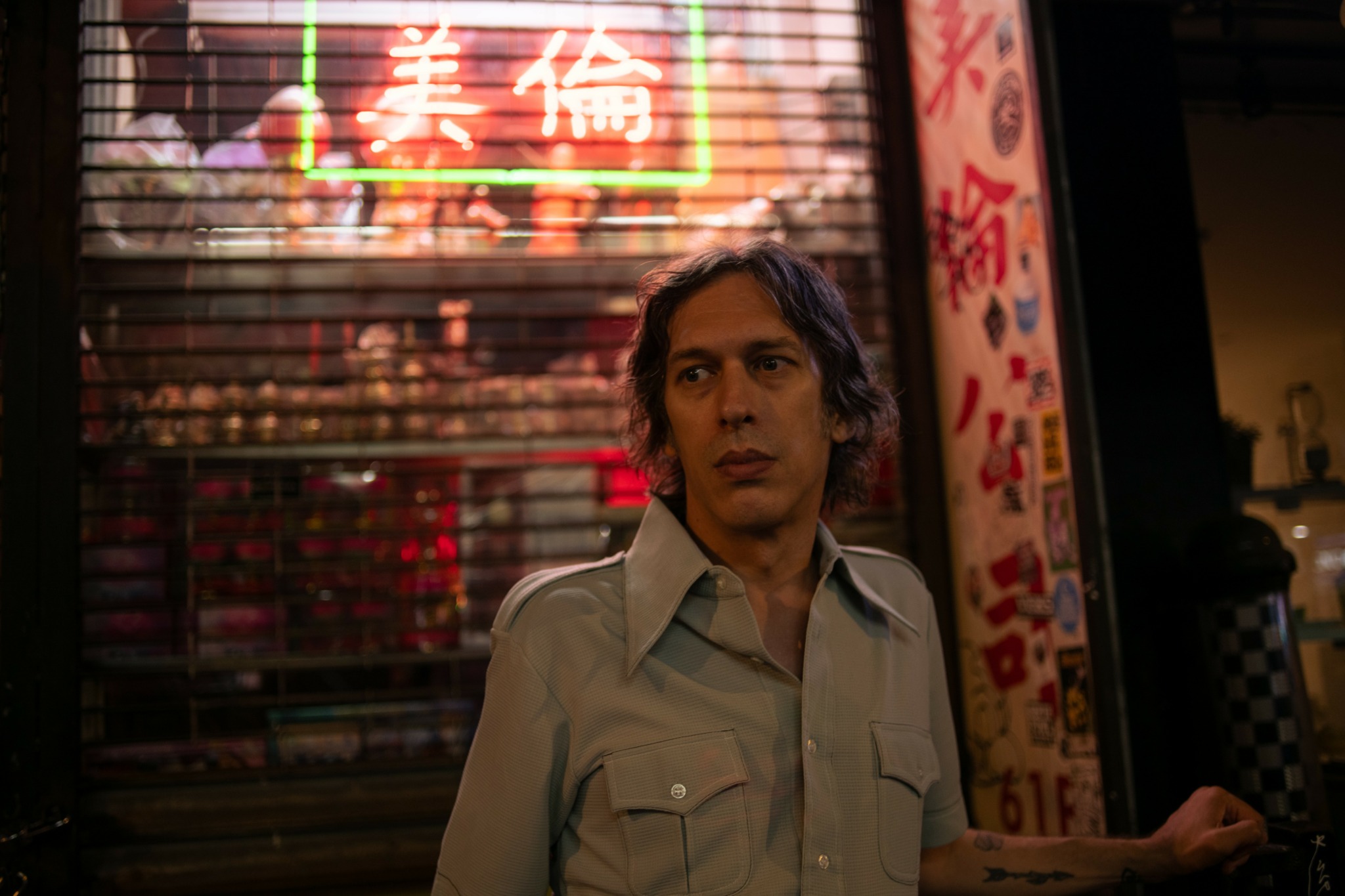
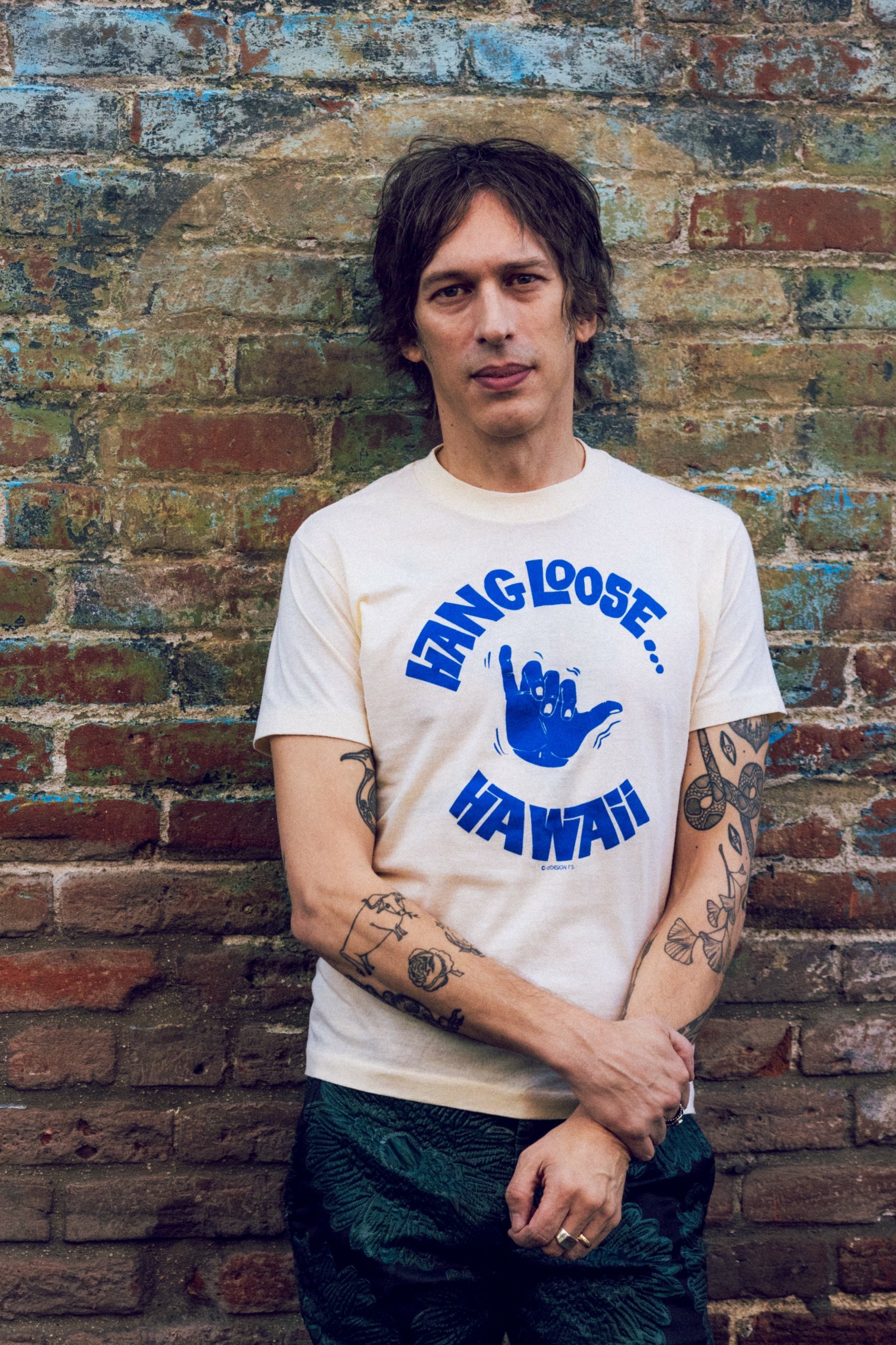
Image Credits
Gabi Linse, Sara Cross, Vivian Wang


